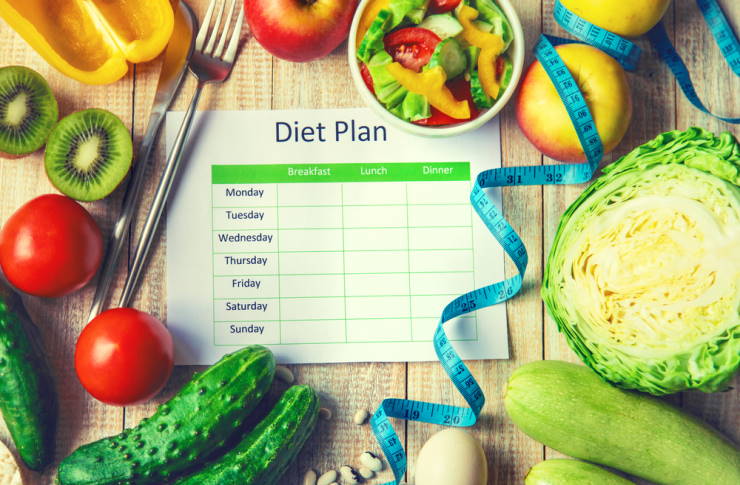Kidney-Friendly Foods: A Comprehensive Nutrition Guide
Choosing healthy foods for the kidneys is essential for supporting their function and overall well-being. Incorporating fruits, vegetables, whole grains, and kidney-friendly proteins into daily meals can help manage stress on the kidneys and promote long-term health.

What Are Kidney-Friendly Foods?
Kidney-friendly foods are nutrient-rich options that support kidney function while minimizing potential strain on these vital organs. These foods typically have balanced levels of minerals like potassium, phosphorus, and sodium, which are crucial for individuals with kidney concerns. Selecting the right foods can help manage kidney health and potentially slow disease progression.
The ideal kidney-friendly diet focuses on whole foods that provide essential nutrients without overwhelming the kidneys’ filtering capabilities. Lean proteins, fresh vegetables, and carefully selected fruits can form the foundation of a kidney-supportive nutrition plan.
Daily Diet Plan for Kidney Health
Creating a daily diet plan requires careful consideration of nutritional balance and kidney-specific needs. Recommended strategies include:
-
Prioritizing lean protein sources like chicken, fish, and plant-based proteins
-
Choosing low-potassium fruits and vegetables
-
Limiting sodium intake
-
Staying hydrated with kidney-friendly beverages
-
Monitoring portion sizes and overall nutrient intake
Breakfast might include egg whites with spinach, while lunch could feature grilled fish with steamed low-potassium vegetables. Dinner options could include lean chicken with carefully selected side dishes that support kidney function.
Healthy Foods That Support Kidney Function
Several foods demonstrate remarkable potential for supporting kidney health:
-
Berries: Rich in antioxidants and low in potassium
-
Cabbage: Packed with phytochemicals and low in potassium
-
Cauliflower: Nutrient-dense and kidney-friendly
-
Onions: Provide flavor without excessive minerals
-
Apple: Contains beneficial compounds that support overall health
These foods not only provide essential nutrients but also help manage inflammation and support the body’s natural healing processes.
Managing Chronic Kidney Disease Through Nutrition
Nutrition plays a critical role in managing chronic kidney disease. Patients should work closely with healthcare professionals to develop personalized dietary plans. Key considerations include:
-
Controlling protein intake
-
Monitoring mineral consumption
-
Maintaining proper hydration
-
Avoiding processed foods
-
Incorporating kidney-supportive nutrients
| Food Category | Recommended Options | Nutritional Benefits |
|---|---|---|
| Proteins | Chicken, fish, egg whites | Low mineral content, essential amino acids |
| Vegetables | Cabbage, cauliflower, onions | Low potassium, anti-inflammatory properties |
| Fruits | Berries, apples, cherries | Antioxidants, low mineral content |
| Grains | White rice, pasta | Low phosphorus options |
Prices, rates, or cost estimates mentioned in this article are based on the latest available information but may change over time. Independent research is advised before making financial decisions.
Consulting Healthcare Professionals
Individual nutritional needs vary significantly, especially for those managing kidney disease. Professional guidance ensures a personalized approach that considers specific health conditions, medical history, and individual nutritional requirements.
This article is for informational purposes only and should not be considered medical advice. Please consult a qualified healthcare professional for personalized guidance and treatment.




